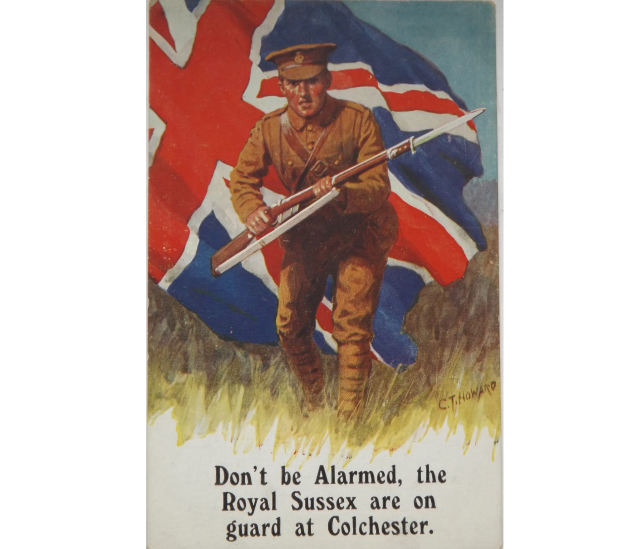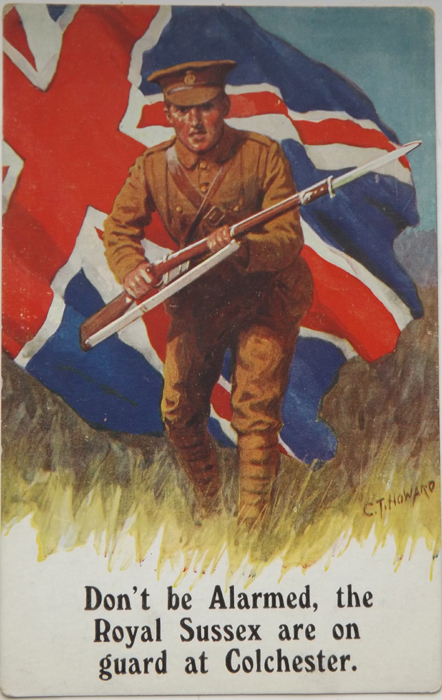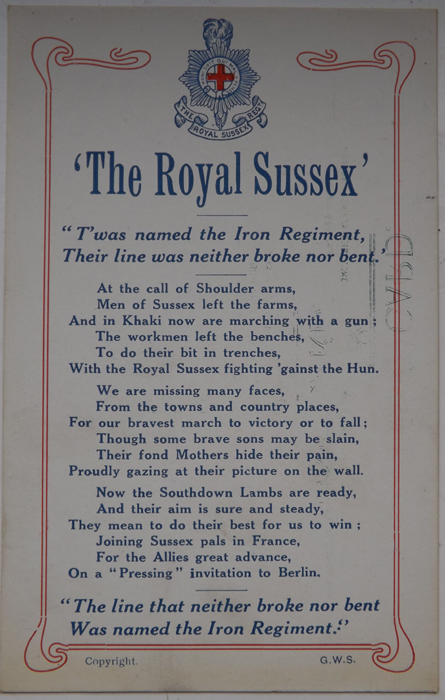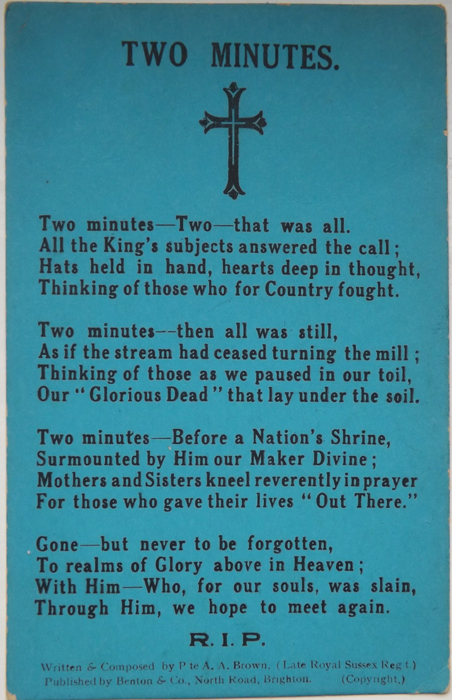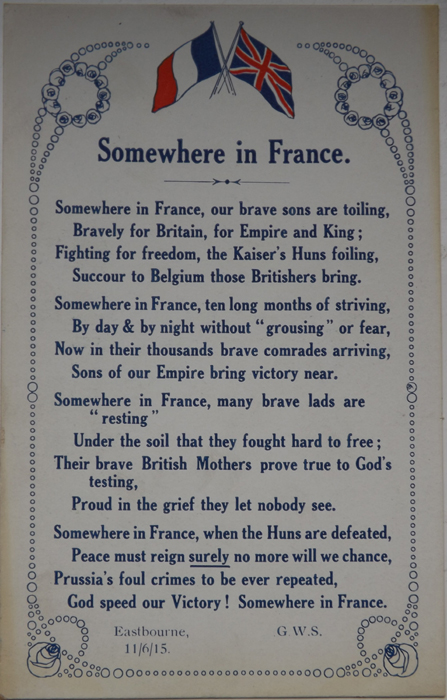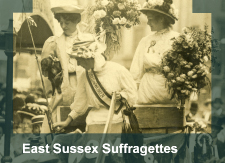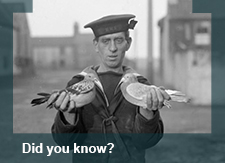During the war careful measures were taken to maintain the spirits of men serving at the front and civilians living at home.
Propaganda was one of the ways by which the government persuaded the public to support the First World War. This was initially achieved by seeking and gaining approval and enthusiasm from the population when it declared war against Germany and then maintaining the support of the general public and troops while the conflict continued.
British ‘paper propaganda’ took many forms and the postcard was one. It was an ideal method for promoting propaganda that was both official and un-official. Also, the message of postcard patriotism would cost the Government nothing and with people often sending cards just for their colourful pictures.
Within days of the declaration of hostilities the postcard publishers had realised the commercial potential of projecting stirring images of patriotism and rallying cries to the Union flag on their picture postcards and quickly put their artists to work. In fact, with such speed, an abundance of bright and colourful patriotic postcards were on sale before the British Expeditionary Force landed in France.
The patriotic postcard shown makes full use of the Union flag and includes the rousing slogan:
“Don’t be Alarmed, the Royal Sussex are on guard at Colchester.”
It was painted by C. T. HOWARD and was printed and published by J. SALMON of Sevenoaks. There are other versions of this card that include the original picture and have different text.
The Royal Sussex Regiment, formed in 1881 (amalgamating with others on 31 December 1966 to form The Queen’s Regiment), raised 23 battalions during World War 1. It was during the first Battle of Ypres that the 2nd Battalion was given the unofficial title ‘The Iron Regiment’ as an unsolicited testimonial by German prisoners captured on 1st November 1914.
This postcard shows a moving poem dedicated to The Royal Sussex.
The words on the TWO MINUTES postcard where composed & written by Pte A. A. Brown (Late Royal Sussex Regiment). The card was published by Benton & Co, North Road, Brighton.
The ‘Somewhere in France’ postcard, that includes the text ‘Eastbourne 11/6/15’ in its bottom left-hand corner, refers to one of the censorship rules that no mention could be made in letters home of the troop’s location. Most of the letters therefore simply said ‘Somewhere in France’.
This story was submitted by Nicholas Woollard, Sussex Military History Society
If you have any details regarding these postcards then please contact us.

